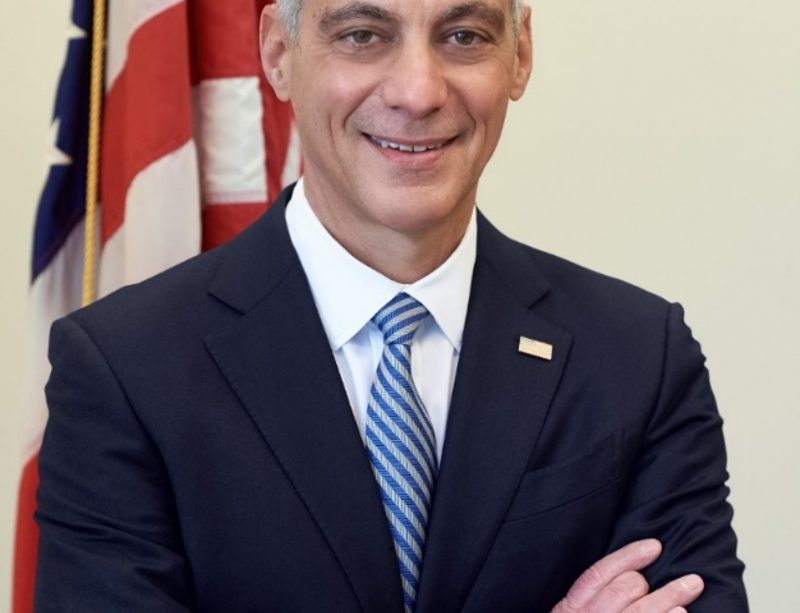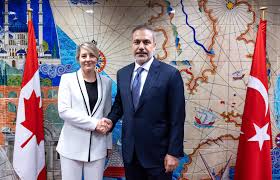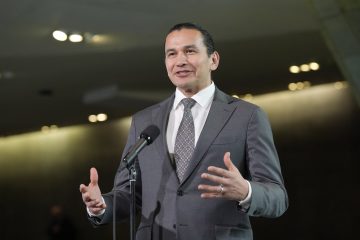Rahm Emanuel: Leadership and Vision for Chicago

Introduction
Rahm Emanuel’s recent tenure as the mayor of Chicago has drawn considerable attention due to his proactive approach towards city governance. Since taking office, he has implemented a range of policies aimed at addressing key urban issues such as education, public safety, and economic development. Understanding Emanuel’s leadership style and his impact on Chicago is essential not only for residents of the city but for stakeholders interested in urban policy across North America.
Background and Rise in Politics
Rahm Emanuel, born on November 29, 1959, in Chicago, Illinois, has had a long political career. Prior to becoming mayor, he served as a U.S. Representative and as the White House Chief of Staff under President Barack Obama. His experience in high political offices and strategic vision has positioned him as a significant player in both local and national politics.
Key Initiatives in Chicago
Since assuming office, Emanuel has focused on several initiatives that address Chicago’s pressing challenges. One of his main initiatives has revolved around education reform. Emanuel launched a series of programs aimed at improving the quality of education in Chicago public schools, seeking to enhance teacher training and student performance metrics.
Public safety has also been a major focus for Emanuel, especially amid rising crime rates in certain neighborhoods. His administration has introduced community policing strategies, increased funding for the police department, and advocated for investments in youth programs to tackle the root causes of crime.
Moreover, Emanuel has pushed for significant economic development projects aimed at revitalizing underdeveloped areas of the city. His administration has spearheaded initiatives to attract new businesses and create jobs, particularly focusing on technology and innovation sectors. This has brought new opportunities, especially for younger residents looking to start their careers.
Challenges and Criticism
Despite his numerous initiatives, Emanuel has faced challenges and criticisms. Protesters have challenged his handling of police misconduct and accountability issues, particularly following the highly publicized case of Laquan McDonald, a teenager who was shot by a Chicago police officer. This case heightened scrutiny of the Police Department and sparked ongoing debates about the need for reform.
Conclusion
Rahm Emanuel’s leadership continues to shape Chicago’s trajectory as he navigates the complex political landscape of the city. His initiatives have made strides in some areas, yet they also highlight the ongoing challenges Chicago faces. As Emanuel seeks reelection later this year, the outcomes of his policies will likely influence the future direction of the city and serve as a case study for urban governance across the United States and Canada.









